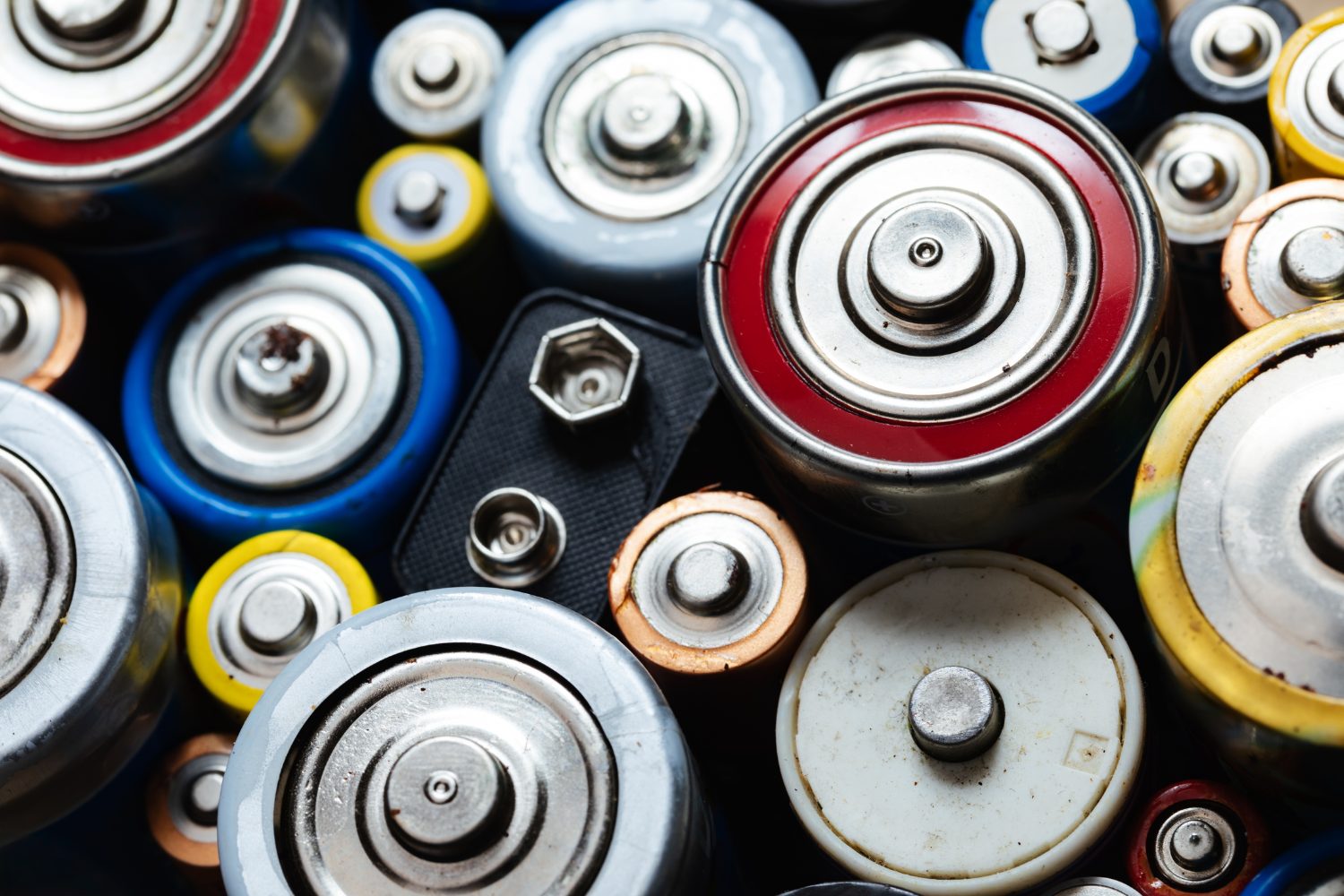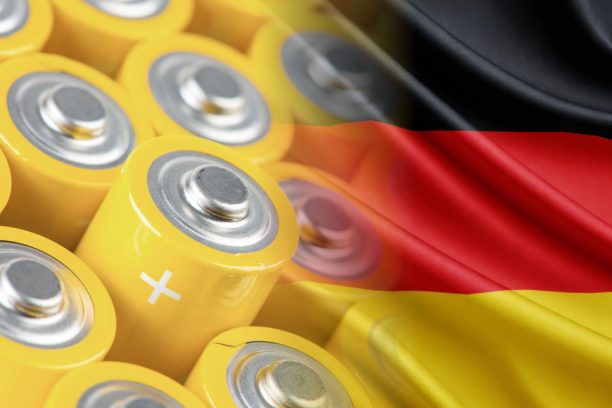EU Battery Regulation Updates
The EU Battery Regulation (EU 2023/1542) introduces new rules for battery compliance across the EU, replacing the previous Battery Directive, from 18 August 2025. It presents a harmonized approach to battery compliance across the EU.
The aim is to support a more sustainable and circular economy while helping businesses manage batteries responsibly, whether for electric vehicles, industrial applications, or portable devices. Understanding the EU battery regulation and its requirements is essential for companies seeking to meet compliance obligations, improve reporting, and enhance supply chain transparency.
For many organizations, these new rules may initially seem complex, covering everything from registration obligations to carbon footprint reporting. Being proactive in meeting EPR responsibilities not only avoids penalties, but it also signals organization’s commitment to environmental stewardship and responsible product lifecycle management.
Key Updates in EU Battery Compliance
Extended Producer Responsibility (EPR) Obligations for Batteries
From 18 August 2025, battery producers will generally be expected to register in each EU Member State where they place batteries on the market, support collection and recycling efforts, and provide information to distributors and end-users. While the exact requirements can vary depending on the battery type and national implementation, staying proactive is essential.
Carbon Footprint Reporting Requirements under EU Battery Regulation
Following the EU Battery Regulation, electric vehicle batteries will be required to declare their carbon footprints starting on February 18, 2025. Industrial batteries will follow in 2026, and batteries for light-duty vehicles in 2028. The specific calculation and reporting guidelines are still being finalized, but the timeline has been established. To guarantee compliance, businesses should prepare for thorough data collection and supply chain visibility.
Battery Passport Implementation and Compliance
The digital battery passport is expected to play a growing role in tracking and managing battery data, helping organizations improve efficiency and transparency in their supply chains. The Battery Passport will become mandatory from February 18, 2027. At the same time, batteries placed on the market will also need to carry a QR code label linking to their digital passport. Although the deadline is firmly set, the exact data format, submission mechanisms, and technical details are still being finalized. Preparing for this change in advance could create advantages. Discover the power of digital product passports (DPP) and how they can support circularity.
Due Diligence Obligations and EU Battery Compliance
Some obligations, like detailed supply chain due diligence, have been proposed for extension to 18 August 2027, giving businesses additional time to align processes and ensure compliance.
EU Battery Regulation Impact on Businesses
Companies are encouraged to plan ahead and adopt sustainable practices throughout the battery lifecycle. Although the new regulations may initially appear complicated, they also offer opportunities, such as improved data visibility, more transparent reporting, and more efficient recycling and reuse procedures.
At RLG, we work with businesses to navigate these changes, ensuring compliance while reducing administrative burdens. Our Battery Compliance Services will provide:
- In-Depth Obligation Assessment
- Registration with PRO/ Compliance Schemes
- Data Collection and Validation
- Report Submissions by Country
- Ongoing Regulatory Support
- Staying Ahead of Compliance
Even if some deadlines or requirements are evolving, businesses that start preparing now are better positioned to meet obligations confidently. By integrating robust compliance practices early, organizations not only minimize risks of penalties and business disruptions from non-compliance and strengthen reporting accuracy but also unlock the opportunity to demonstrate leadership in advancing the EU’s sustainable battery ambitions.
RLG will be there for you every step of the process. Whether gathering data or seeking guidance on evolving requirements, our expertise ensures you can approach the EU Battery Regulation with clarity and confidence.









